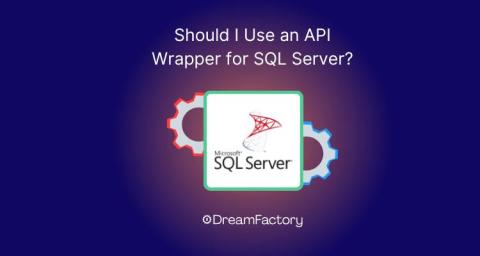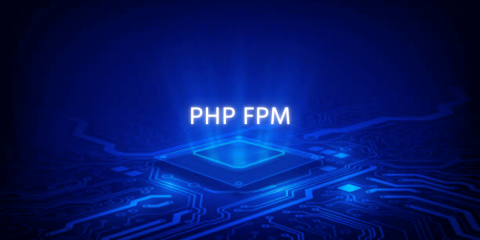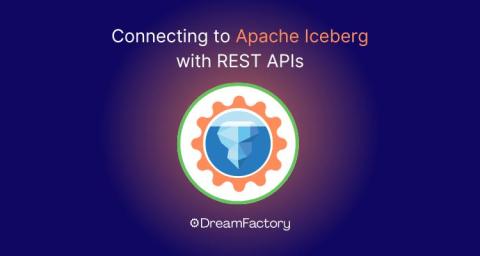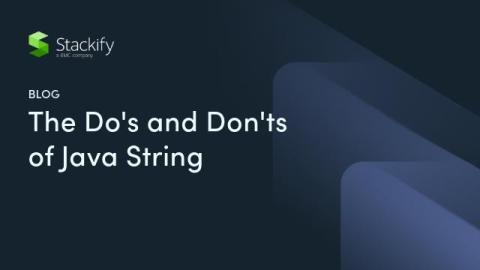Should I Use an API Wrapper for SQL Server?
SQL Server is a cornerstone RDBMS for enterprise applications, handling transactional workloads, analytics, and complex querying. As modern architectures increasingly rely on APIs for data access—particularly in microservices, cloud-native systems, and third-party integrations—efficient exposure of SQL Server data has become essential. API wrappers simplify this process by automating the creation of RESTful endpoints for SQL Server, reducing the need for custom API development.










